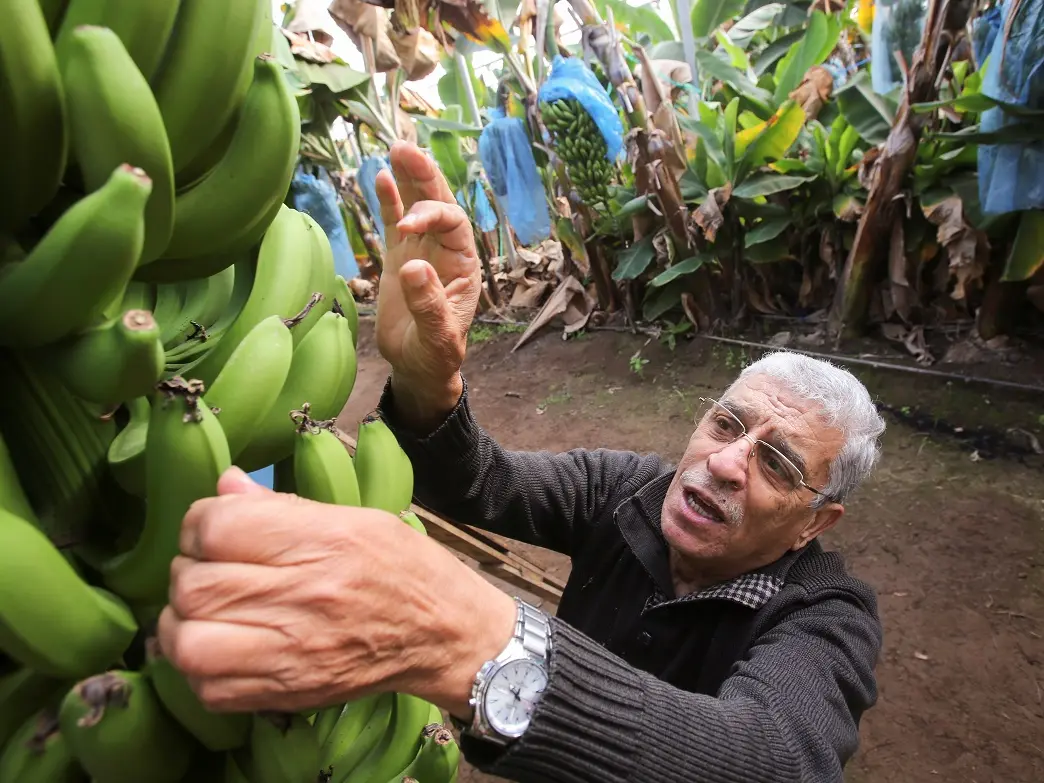
Two Algerian men have been sentenced to ten years in prison for illicit speculation in bananas, a case that has drawn widespread attention amid growing public anger over soaring food prices and chronic shortages.
The ruling, delivered on September 22 by the court in Arzew near Oran, also imposed a fine of one million dinars (around €6,800) on the defendants. They had been arrested on September 6 while transporting 1.1 tons of bananas in a truck.
Prosecutors framed the case as a strong signal in the government’s campaign against speculation in consumer goods, which authorities blame for fuelling inflation.
According to court records, the process was swift: arrest in flagrante delicto, immediate appearance before a judge on September 8, provisional detention, and trial two weeks later. Officials insisted not only on confiscating the shipment but also on publicising the verdict in a national daily newspaper, portraying the punishment as a deterrent to others involved in similar practices.
“The verdict sends a clear message,” the prosecutor said, underscoring that speculation contributes directly to price instability and scarcity in essential goods.
Yet the heavy-handedness of the ruling has triggered debate across Algeria. Many analysts argue that speculation is not simply a matter of small traders manipulating stocks but rather a symptom of the country’s fragile supply chain and weaknesses in public regulation.
Critics note the contrast between the harsh penalties imposed on small-scale transporters and the apparent impunity of larger players in the import sector, many of whom are believed to maintain ties with political elites. The case has thus come to symbolise what some describe as selective justice, where the most visible offenders face exemplary punishment while systemic issues remain unresolved.
For the wider population, however, the outcome changes little. Algerians continue to grapple with rising prices and persistent shortages of everyday goods. To many, the banana trial reflects a government strategy of prioritising judicial spectacle over long-term economic reform.



